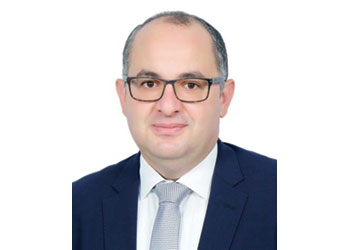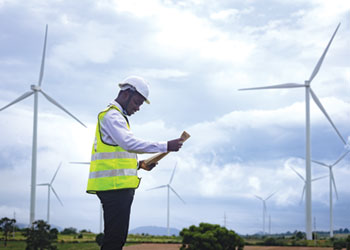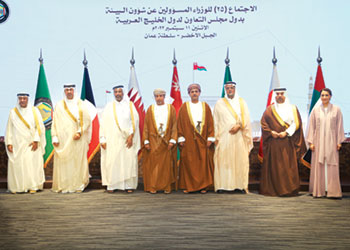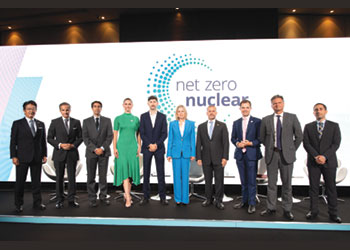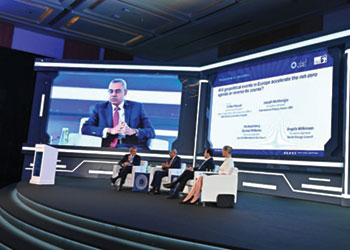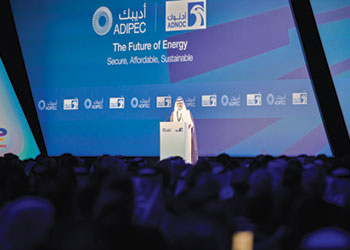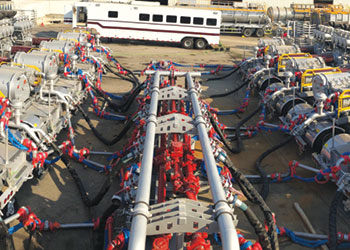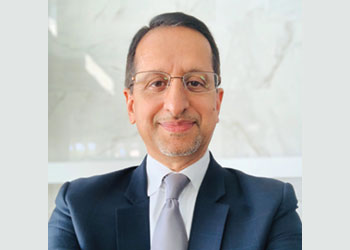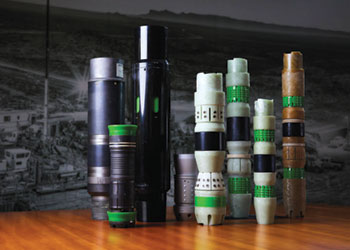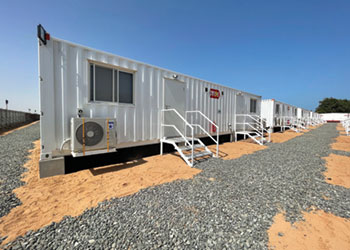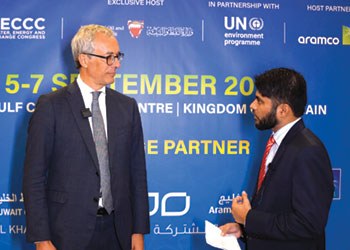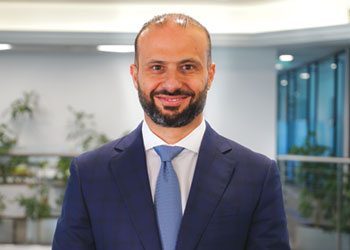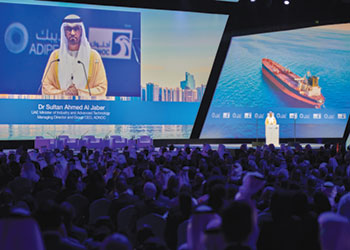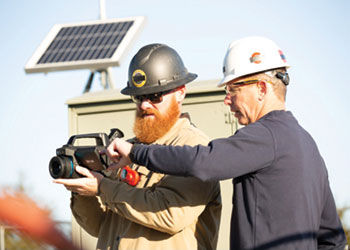
 Companies should provide direction to young people
Companies should provide direction to young people
Providing a clear path of progression is not enough; the youth need to be inspired to enter a job where they’re eager to innovate, improve, and contribute with revolutionary ideas, Mawadda Abdan tells OGN
Youth versus experience is a classic sporting conundrum whenever younger athletes face off against significantly older opponents; does youthful energy and flexibility hold the key to victory, or is it hard-won experience and knowledge that counts for more?
Unlike sports however, when it comes to decarbonising our global energy industry, it’s clear that both are equally essential.
If we are to succeed in creating a reliable, equitable and, above all, sustainable global energy industry in time to stave off the worst effects of climate change, the adaptiveness of youth must be married to the expertise of the existing talent pool.
To achieve this urgent priority, young people should be encouraged to think of the energy industry as a natural fit for their ambitions – not just for their career, but for the development of a brighter shared future.
A DEMOGRAPHIC SHIFT IN ENERGY
The International Renewable Energy Agency’s (Irena) most recent annual review suggests that the number of renewable jobs worldwide will roughly triple from 12.7 million in 2021 to 38.2 million by 2030.
This massive influx of new jobs accounts for the drop off in fossil fuel activities as renewable sources come to realise their full potential.
The same report speaks to the urgency of "supercharging the transition", highlighting the practical need to tap into the large talent pool represented by women, youth, minorities and disadvantaged groups.
Of course, scaling up renewable energy capacity to cover growing global demand (while simultaneously cutting back on hydrocarbon use) isn’t simply a case of building bigger wind and solar farms.
The process will require a wholesale rethinking of how energy is created, stored, transported and distributed.
As Irena states, we are already in a period of massive innovation and upheaval for the energy industry, but accelerating this process means looking for the right ideas wherever they may be found. And in our day, fresh thinking is to be found in younger minds.
FOSTERING YOUTH TALENT IS AN INDUSTRY-WIDE RESPONSIBILITY
When it comes to attracting talent, perception is often as important as reality. Sadly, according to a recent Deloitte report, young people routinely perceive large sectors of the energy industry as having "a static public image: old-fashioned, lacking innovation and slow to adapt".
This perception, coupled with a lack of access to suitable training programmes, mentorship opportunities and entry-level project experience, deters young people from building a career in energy before they even consider the suitability of such a path.
To change this, energy companies must be more proactive in clearing those barriers at entry levels for youth talent.
This applies to a wide spectrum of companies, whether it’s an established oil and gas firm looking to decarbonise its operations, or a nascent solar outfit eager to scale up.
After all, at every entry point into every energy sector, there is a growing hunger for new capabilities but an insufficient support system to empower young feet to step into these shoes.
At every turn, a prospective young professional must be able to look at the energy industry and clearly envision a pathway towards building a successful career where their abilities will be recognised and their contribution will feel meaningful.
However, this isn’t just a company-level responsibility; the industry, as a whole, can do more to come together and inspire young talent to get involved.
Industry-wide events such as Adipec – the world’s largest and most inclusive gathering for the energy industry – demonstrate what becomes possible when younger professionals are given the spotlight.
Adipec hosts a growing range of youth-targeted initiatives and programmes designed to show young people what they can achieve, and how vital their input will be in creating a carbon-neutral world.
The Young Adipec platform is a prime example as it seeks to inspire tomorrow’s changemakers, starting from high school students aged between 14-17 years, and showing them just how broad the range of career opportunities are in the energy industry.
The Adipec Awards even has a Young Changemaker of The Year award to encourage and showcase exceptional young talent.
Likewise, the Future Leaders Programme puts youth talent directly adjacent to senior industry executives, allowing them to learn from each other, alloy their different strengths and find the best ways forward on all fronts of industry challenges.
ATTRACTING YOUTH TALENT THROUGH VALUES
Presenting youth talent with clearly identifiable entry-level opportunities is essential if you want them to think seriously about committing to a career in energy.
Still, an equally fundamental truth of today’s job market is that young people want to know exactly what their prospective employer stands for before they come on board. So, tell them.
Beyond articulating corporate values, make sure that your ambitions for everything from inclusion to tangible decarbonisation gains are clearly defined and easily reviewed in a public manner.
Point them towards tangible efforts your company is exerting to achieve those goals. Highlight the failures and the rethinking processes alongside the big wins and the incremental gains to make sure you’re giving young professionals a genuine sense of company and what it stands for.
It is an uncertain world that young people are venturing into, especially when they try to choose their career path.
And providing a clear path of progression is not enough; the youth need to be inspired to enter a job where they’re eager to innovate, improve, and contribute with revolutionary ideas.
‘Youth and experience’ must come hand in hand when it comes to achieving carbon neutrality.
Companies in the sustainable energy ecosystem must step up now, to provide young people the inspiration, direction, and opportunity to be part of the net-zero workforce.
* Mawadda Abdan is an Adipec Youth Council member and student at New York University Abu Dhabi, where she is studying Civil Engineering and Environmental Studies.
By Abdulaziz Khattak



















































































